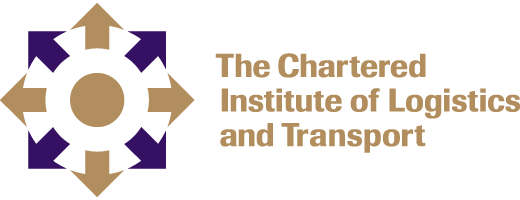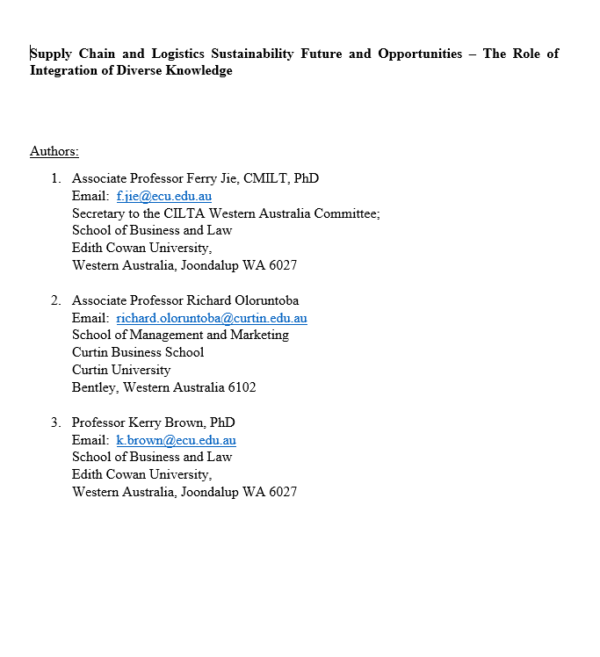Abstract
The global sustainability agenda requires a systematic integrated approach to initiate and mobilise transformative knowledge and action. In this approach, we believe that knowledge and action-oriented knowledge for sustainability should be based on an integrated approach with many kinds of knowledge and actions involved in the pursuit and achievement of change (Fazey et al. 2018). Such integrated diversity of knowledge would complement much of the current almost exclusive focus on technology approaches. As a result of the complexity of the global sustainability challenge, we advocate for a systematic integrated approach of various research streams and research programmes in logistics, transport, and supply chain management (LTSCM) to help speed up the diffusion and adoption of sustainability-related innovation in logistics, transport, and supply chain operations (LTSCM).
We advocate that scholars, industry, grantors, governments, and research institutions devoted to sustainability should focus more on creating the conditions for studying human individual and collective behaviour in innovation adoption, and pilot-testing, and experimenting with various kinds of sustainability related innovation solutions to cultivate and nurture sustainability-oriented learning and adoption of sustainability induced new ways of thinking and doing. Hence, this article explains how a systematic integrated approach can be undertaken for LTSCM sustainability learning, knowledge generation adoption as well as diffusion of innovation in logistics, transport, and supply chain operations. First, we advocate for systematic approach in section 2 after which in section 3 we argue for a diverse and integrated approach to knowledge mobilisation and describe such a process, and in section 4, we highlight potential benefits of our idea, while in section 5, the article concludes with a summary.
Disclaimer
The views represented are those of the author(s) and do not necessarily reflect the views or policies of CILT.

